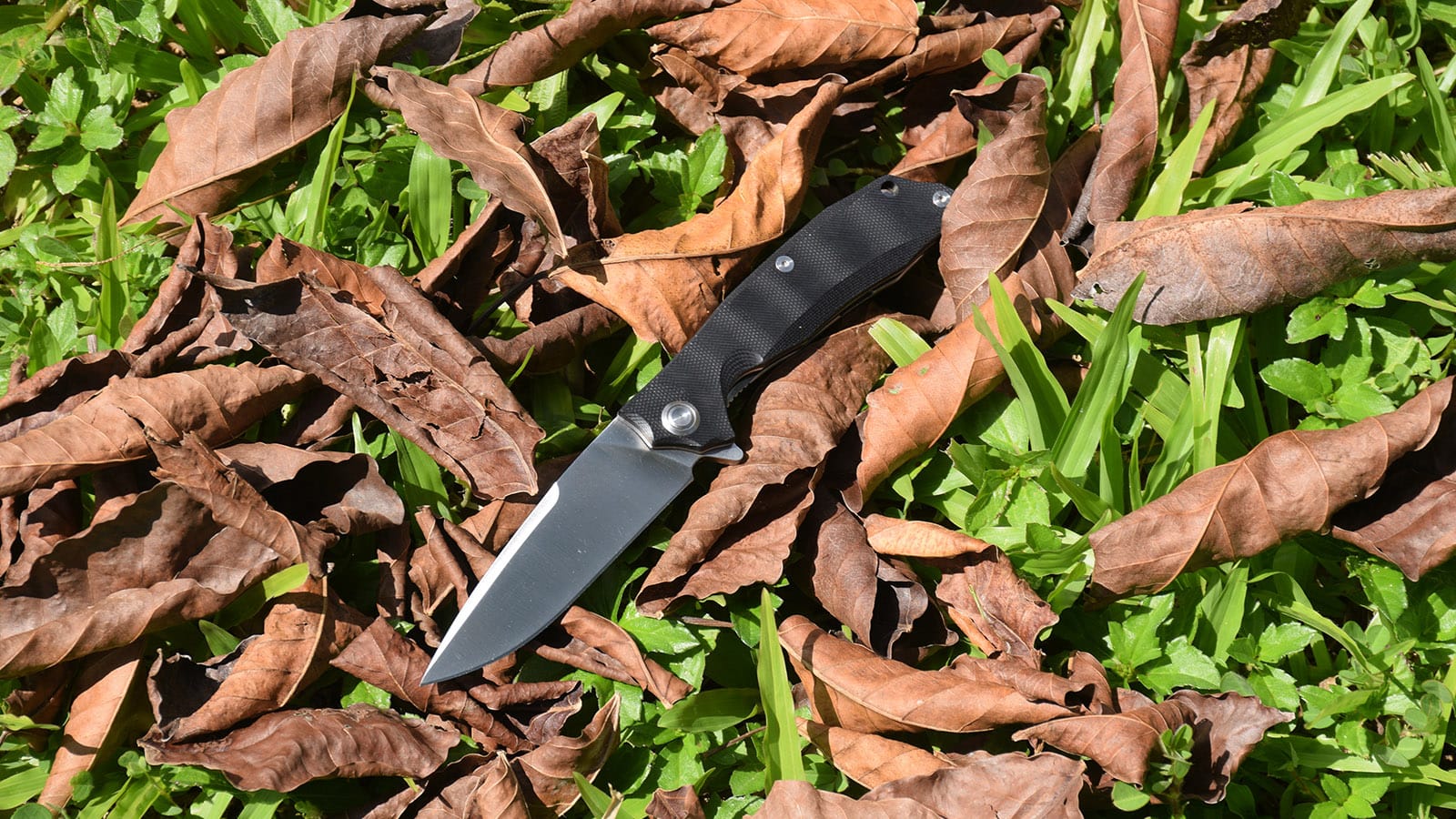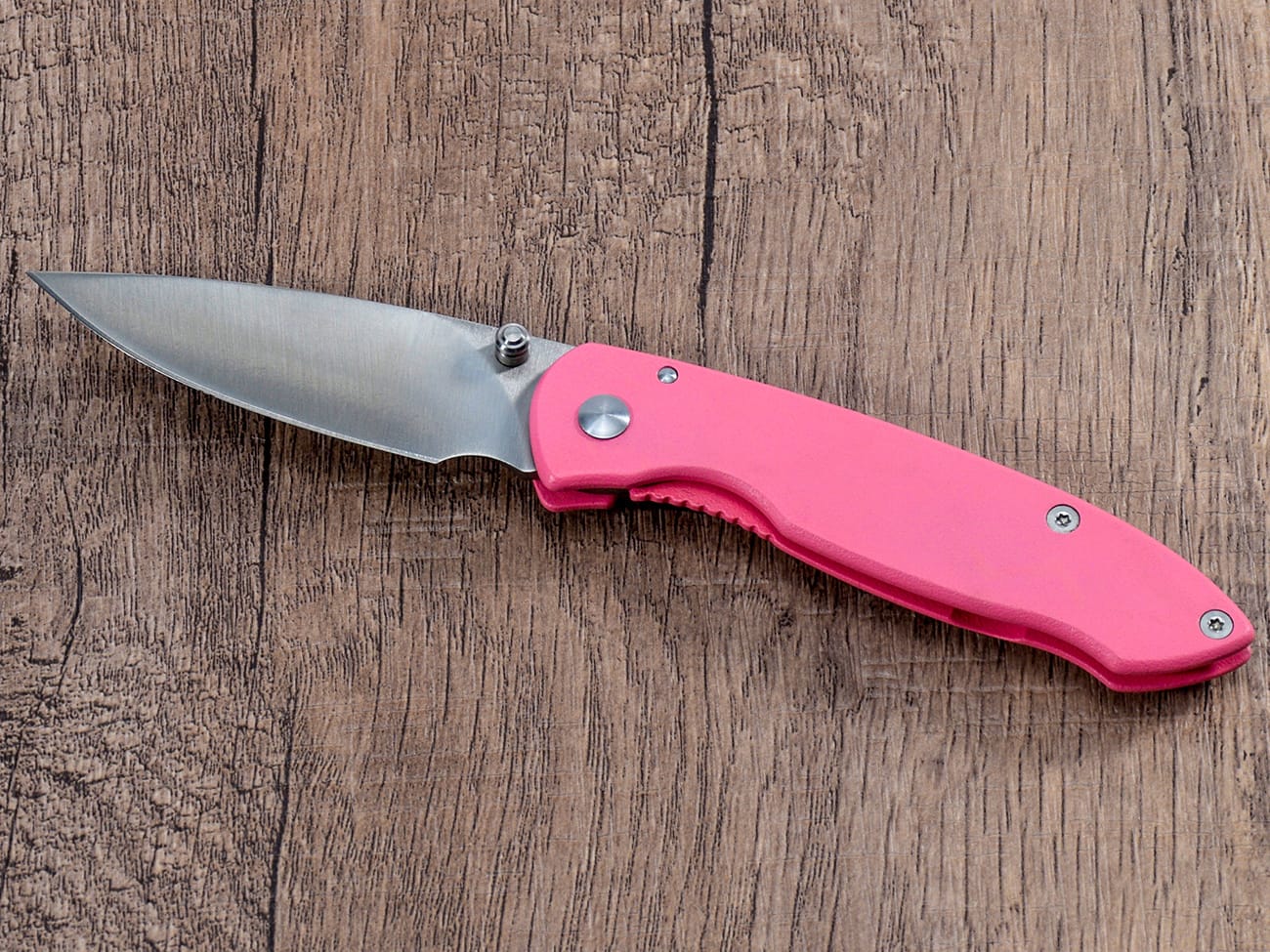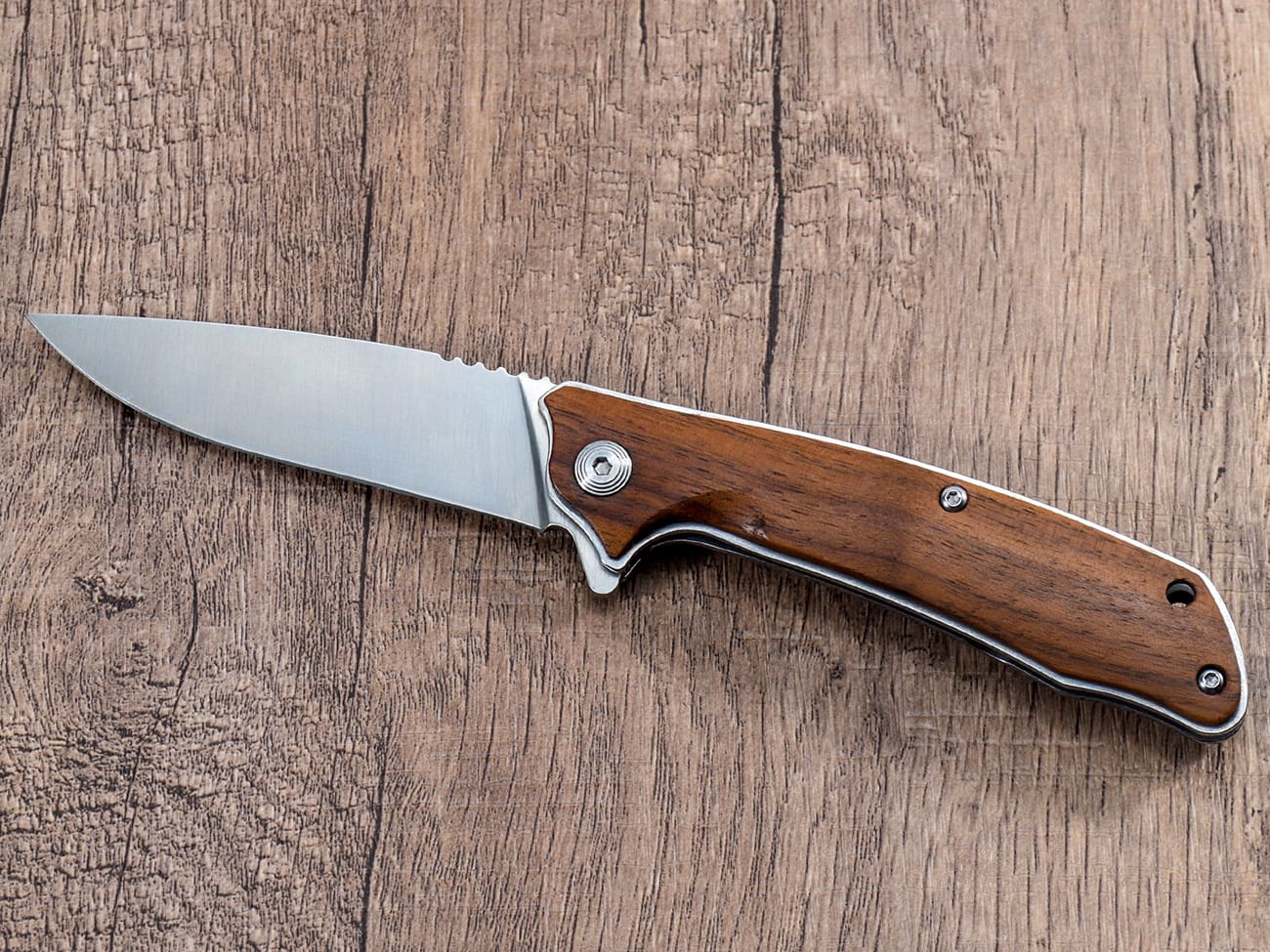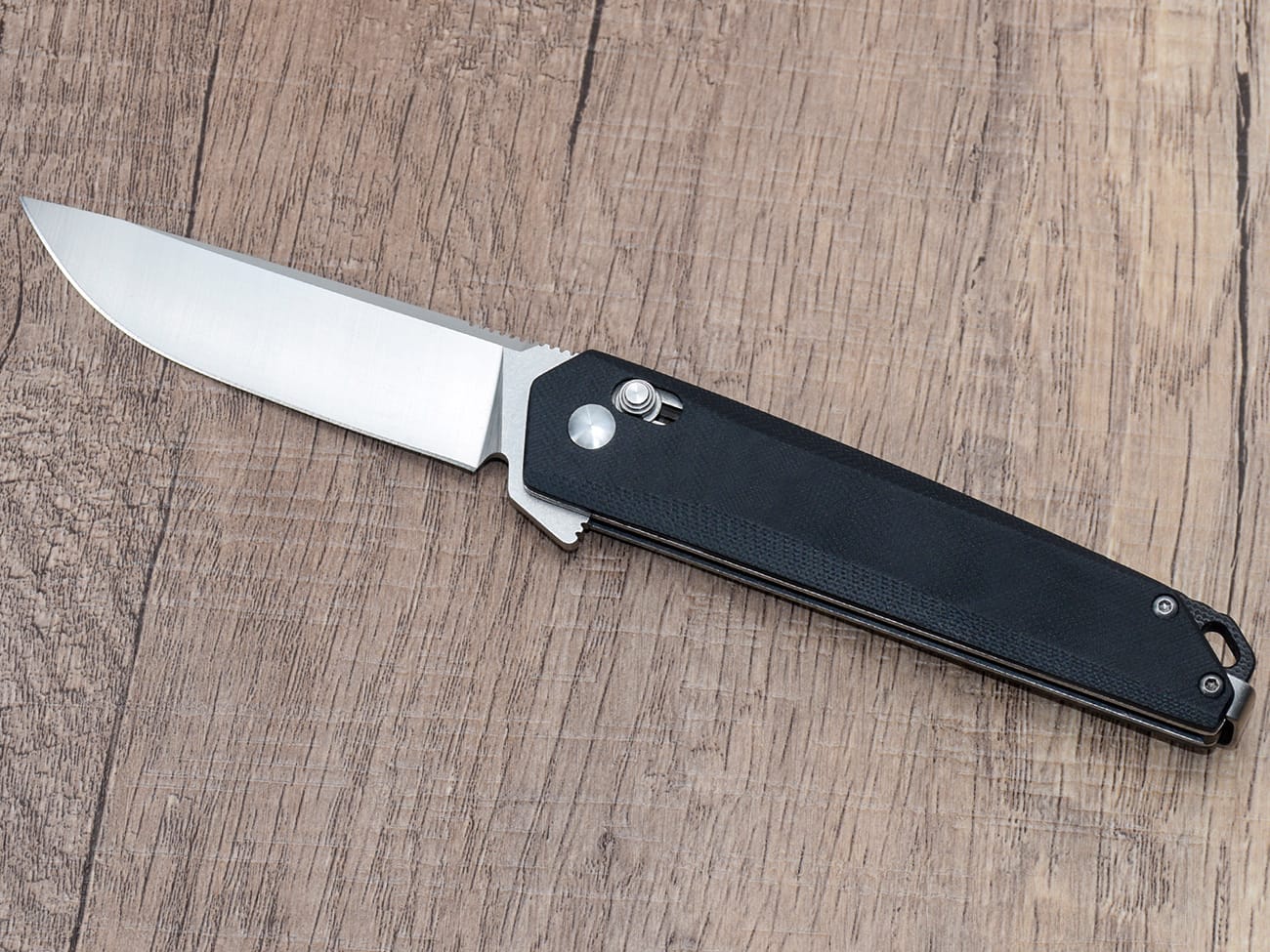Are you wondering about the legality of carrying a pocket knife in Massachusetts? This comprehensive guide breaks down the complex knife laws in Massachusetts, helping you understand what types of knives are legal to carry and which ones could get you into trouble. Whether you’re a collector, outdoor enthusiast, or someone who uses knives for work, knowing these laws is crucial for staying within legal limits.
What Types of Knives Are Legal in Massachusetts?
Massachusetts knife laws allow certain types of knives to be carried legally. Regular folding knives are generally permitted, as long as they’re not considered dangerous weapons. Here’s what’s legal:
- Pocket knives with manual opening mechanisms
- Utility knives for work purposes
- Kitchen knives when used appropriately
- Multi-tool knives with reasonable blade lengths
Are Switchblades and Automatic Knives Prohibited?
The law is very clear about automatic knives in Massachusetts. Switchblades and any knife having an automatic spring release mechanism are illegal to carry. This includes:
- Ballistic knives
- Switchblade knives
- Any device which enables a knife to be released automatically
- Knives with a blade that is released by a button or trigger
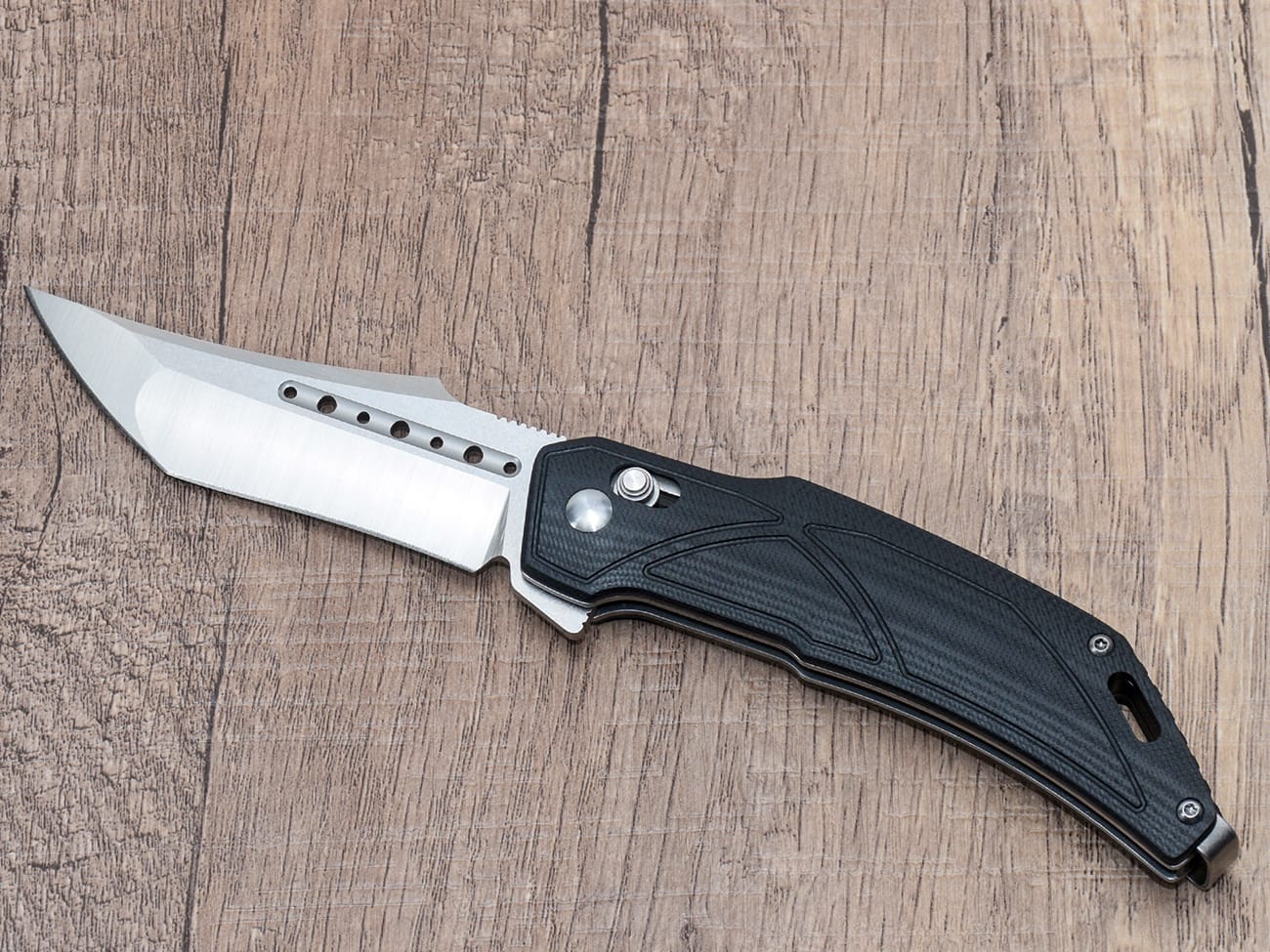
A legal folding knife example with manual opening mechanism
What is the Legal Blade Length in Massachusetts?
While Massachusetts doesn’t specify a universal blade length limit, certain considerations apply:
- Fixed blade knives may be subject to local restrictions
- Blade longer than what’s reasonable for legitimate use might be questioned
- Some municipalities may have specific blade length restrictions
Can You Carry a Knife Concealed in Massachusetts?
The concealed carry of knives in Massachusetts requires careful consideration:
- Legal knives can generally be carried concealed
- The knife should be appropriate for its intended use
- Carrying with criminal intent is prohibited
- Some locations may restrict concealed carry
What Knives Are Specifically Prohibited?
Massachusetts prohibits several types of knives that are considered dangerous weapons:
- Double-edged knives designed for combat
- Butterfly knives (balisongs)
- Gravity knives
- Dirk knives
- Stilettos
Where Can’t You Carry Knives in Massachusetts?
Even if you have a legal knife, certain locations are off-limits:
- Schools and educational institutions
- Government buildings
- Courthouses
- Public events and gatherings
- Private establishments that prohibit weapons
What Are the Legal Consequences of Violating Knife Laws?
Breaking Massachusetts knife laws can result in serious penalties:
- Criminal charges
- Fines
- Possible imprisonment
- Criminal record implications
- License to carry restrictions
How Do Massachusetts Knife Laws Compare to Other States?
Massachusetts knife laws are relatively strict compared to many other states:
- More restrictions on knife types
- Stricter interpretation of dangerous weapons
- Limited reciprocity with other states
- Specific local ordinances may apply
What About Professional and Occupational Use?
The law recognizes legitimate professional needs for knives:
- Utility knives for work purposes
- Tools of the trade exemptions
- Professional licenses may be required
- Workplace policies must be followed
Tips for Legally Carrying Knives in Massachusetts
To stay within legal limits while carrying a knife:
- Choose a clearly legal knife design
- Carry only what you need
- Be prepared to explain legitimate use
- Follow local ordinances
- Avoid prohibited locations
Key Points to Remember:
- Automatic knives and switchblades are illegal
- Concealed carry of legal knives is generally permitted
- Professional use exceptions exist
- Local ordinances may add restrictions
- Intent matters in legal interpretation
- Some locations prohibit all knives
- Violations can result in serious penalties
By understanding and following these Massachusetts knife laws, you can safely and legally carry appropriate knives for your needs. Remember that laws can change, so it’s wise to stay informed about current regulations.

